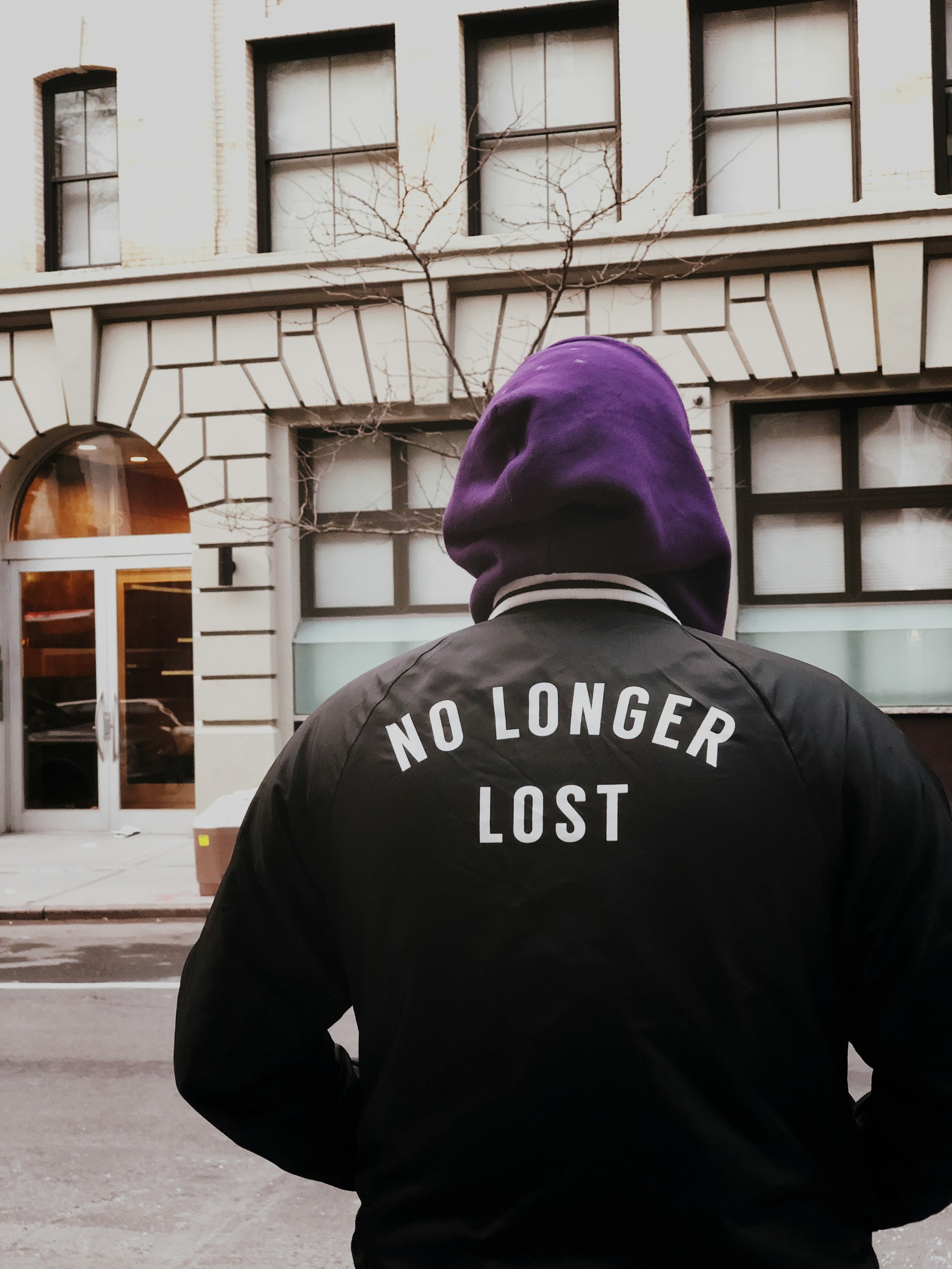When I Stopped Asking “Why Me” and Started Asking “What Now”?
Have you ever felt like life is happening to you rather than for you? Like you’re a passenger in your own story, waiting for someone to swoop in and save the day? You’re not alone. I’ve been there too—feeling completely helpless, thinking, "Why isn’t anyone noticing how much I’m struggling?"
For a long time, I couldn’t shake the feeling that I was stuck in a loop—caught between wanting to be seen and not knowing how to ask for help. I believed that if people really cared, they’d just know. That expectation—that someone else should notice and fix what I couldn’t name—was one of the ways the victim mindset had taken hold. I didn’t realize it at the time, but I was handing over my power in small, invisible ways, hoping someone else would do the work of saving me.
Then came a breaking point. The weight of waiting, the frustration of feeling unseen, and the bitterness of unmet expectations became too much to bear. It was like something snapped inside of me. I finally saw that I couldn’t keep waiting for someone else to make things better. The shift I was longing for had to come from me.
That moment marked the start of my journey. Moving from a victim mindset to personal accountability transformed my life in ways I didn’t expect.
Ready to take charge of your narrative? Here’s a glimpse into my journey—and I hope it helps you reflect on your own.
What Is a Victim Mindset and How I Realized I Had One
A victim mindset is more than just negative thinking—it’s a way of surviving. It is a belief that you’re powerless—that no matter what you do, life keeps working against you. It often stems from emotional wounds—betrayal, rejection, or the ache of not feeling enough. You begin to expect the worst, avoid responsibility, and hand over your emotional well-being to others.
It can sound like:
“Why does this always happen to me?”
“No one ever shows up for me.”
“If they really cared, I wouldn’t feel this way.”
It creates a pattern: hoping someone will show up, feeling disappointed when they don't, and withdrawing even more. That’s what it looked like for me. I spent years hoping for relief from my pain, feeling trapped in heavy silence. I longed for someone to understand what I couldn’t express. When my expectations went unmet, I spiraled into blame, resentment, and self-pity—not because of anyone else, but because I hadn’t learned to hold space for my own pain. I leaned into these feelings because I didn’t know any other way to cope.
It showed up in small, everyday ways—waking up already feeling drained, losing motivation, and constantly second-guessing myself. I’d replay conversations in my head, wondering if I said too much or not enough. My body felt tense, like I was always bracing for disappointment. And even when I was surrounded by people, there was this underlying sense of not really being seen.
The hardest part? I didn’t realize how much power I was giving away by expecting others to rescue me.
From Powerless to Empowered: The Truth About Accountability
For most of my life, I coped by distracting myself or over analyzing every situation when I felt let down—but nothing truly helped. Eventually, I turned to meditation. It felt pointless at first, but with time and consistency, I began to reconnect with myself. I realized nothing would change unless I did. So I started validating my own experiences and looking for the lessons in my pain, instead of staying stuck in a story where I was always the victim.
That’s what accountability is—not punishment, but ownership. Ownership of your actions, your emotions, and how you choose to respond. It’s the moment when you say:
“This happened. I didn’t choose it. But I get to decide how I respond.”
It asks us to stop pointing fingers and start getting curious—especially with ourselves.
For me, that meant examining the habits I thought were keeping me safe—like shutting down when criticized or expecting others to “just understand.” When I stopped viewing feedback as an attack and started asking, “What is life trying to teach me through this?” I began responding with curiosity instead of defensiveness.
Change didn’t happen overnight. Rewriting lifelong beliefs never does. But with every small shift, I felt more grounded, more powerful. I began to experience a sense of confidence and independence I had never known before.
Here’s the truth: accountability isn’t comfortable. It calls you to confront patterns that once protected you but now hold you back.
It’s easier to say “life is unfair” than to ask, “What now?” Yet that one question—What now?—is where real transformation begins.
A Moment for You to Reflect
Take a moment to reflect on a recent challenge you faced. Ask yourself:
How did I respond?
What emotions did I experience?
What lessons can I take from this situation?
How can I reframe my thoughts to empower myself moving forward?
Sometimes, just changing the question can unlock the next version of you.
You Get to Choose What Happens Next
If you’ve been waiting for someone else to save you, here’s your wake-up call: you are your own rescue.
The moment you choose to take responsibility for your healing, patterns, and reactions—you start to shift. You stop giving your power away and begin to anchor it within. Your past may have shaped you, but it doesn’t have to define you.
You get to write the next chapter—one that chooses growth over blame, power over pity, and most of all, you.
So let’s begin. Take your story—your heartbreak, your hope—and rise.


